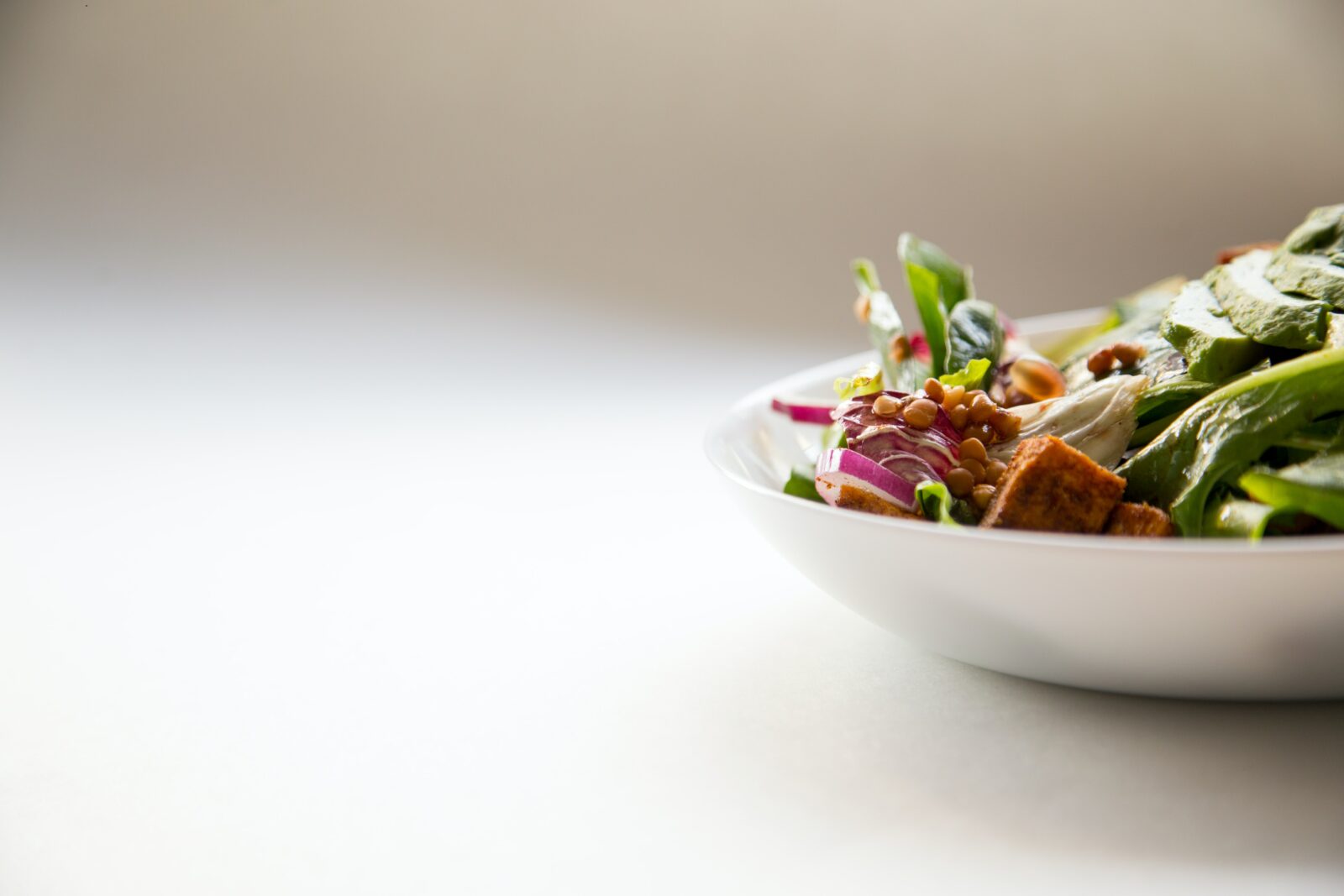Holidays are times to celebrate and enjoy, but the merriment comes with a price: food borne illness.
Treats from the holidays, from homemade apple pie to Christmas cookies, can be a breeding ground for food-borne illnesses, caused by bacteria or viruses that grow in foods that have not been properly stored or prepared.
Food-borne illnesses are caused by bacteria or viruses that contaminate foods due to improper handling or storage at some point before consumption. These pathogens can cause diarrhea, vomiting, nausea, abdominal cramps and fever within 12 to 72 hours after ingestion of contaminated food.
Food-borne illness is the result of a variety of factors that are often out of the hands of consumers. However, food safety practices at home and in restaurants can help to prevent illnesses from occurring.
- Wash hands frequently during food preparation. Hands are usually the main source of cross-contamination, so be sure to wash them with hot water and soap before handling food and after using the bathroom, changing diapers or touching animals.
- Stay home when you’re sick. Don’t go out to eat if you have symptoms of food poisoning, such as diarrhea or vomiting. You can spread bacteria to other people through unwashed hands or utensils and by placing ready-to-eat foods on surfaces that were contaminated by your illness.
- Cook foods thoroughly. Make sure you cook poultry, pork, and beef to a safe internal temperature (at least 165 degrees F). Use a meat thermometer to check doneness. Be sure to thaw foods in the refrigerator or microwave — never on the counter at room temperature.
- Wash cutting boards, dishes, and utensils with hot soapy water after they come into contact with raw meat. Do not use the same dishes and utensils on cooked foods.
- Use a separate platter or cutting board when serving meat and seafood. Keep cooked meat and seafood away from other foods as much as possible to avoid cross-contamination. This will also prevent juices from the meats from dripping onto other foods.











Leave a Reply